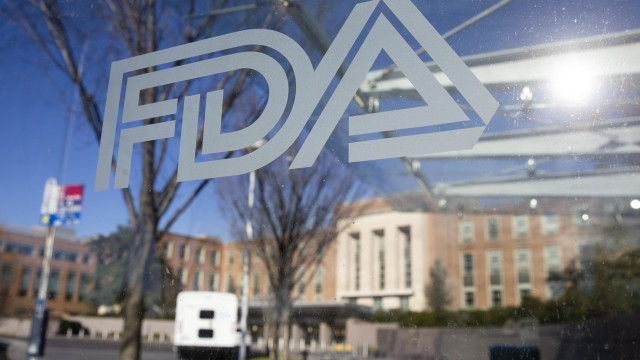The US Food and Drug Administration (FDA) has approved the first drug for a common form of liver inflammation called nonalcoholic steatohepatitis, or NASH, CNN reported.
NASH, also known as metabolic steatohepatitis associated with dysfunction, or MASH, occurs when the liver becomes inflamed due to excess fat cells that accumulate in the organ, leading to inflammation and tissue damage. This is an advanced form of non-alcoholic fatty liver disease; the disease is closely related to obesity, type 2 diabetes and a number of other metabolic conditions such as high blood pressure.
About 6-8 million people in the U.S. are estimated to have NASH with moderate to advanced liver fibrosis or damage, the FDA says. Other complications associated with this condition include cirrhosis, liver failure, and liver cancer.
Until now, there were no drugs to treat the disease. Previous treatment regimens for NASH focused on weight loss through lifestyle changes, such as blood sugar control, a healthy diet, and regular exercise.
The new drug, Madrigal Pharmaceuticals' resmetirom, will be marketed under the trade name Rezdiffra. In April, it received Breakthrough Therapy designation from the FDA. This status accelerates the development and review of drugs that are intended to treat a serious disease and that preliminary clinical data show may be significantly better than available therapies.
The drug, which activates the thyroid hormone receptor in the liver to reduce fat accumulation, is taken daily by mouth. It is approved for people who have NASH with moderate to advanced fibrosis and is designed to be used along with a healthy diet and exercise.
Results of the clinical trial, published in February, showed that more than 25 percent of participants taking 80 milligrams of resmetirom achieved resolution of NASH without worsening fibrosis, as did nearly 30 percent of those taking 100 mg and more. -less than 10% of participants who received a placebo. The drug also helped lower LDL or "bad" cholesterol levels and liver enzyme levels.
It is not yet clear how long patients will have to take the drug. Further research is needed. /BGNES







